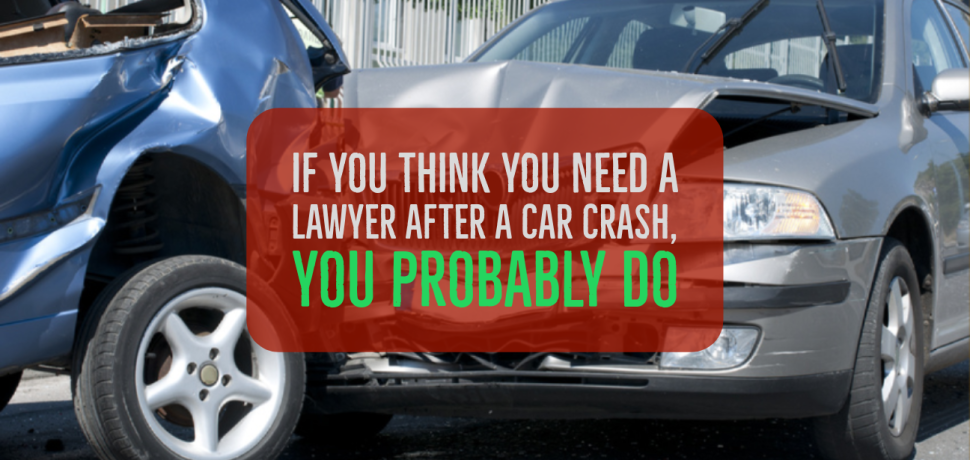
How to Drive Safely in Winter Weather
In the United States, approximately 3 million people are injured each year in car accidents. Hazardous winter weather can increase the risk of a car accident, even if you live in a part of the country that doesn’t normally see snow. Interestingly, 46% of weather-related accidents are caused by rain, which is more than those caused by fog, snow, or even ice. That’s because rain reduces visibility and traction, but people don’t slow down as much for it. f you live in an area where you get a lot of winter rain, try the following steps to prevent those accidents.
Slow Down: Everyone has somewhere to be, but slowing down when it rains may actually get you there faster. Reducing your speed in these conditions greatly reduces the chances of you being in an accident and hurting yourself or someone else. While it’s tempting to go with the flow of traffic, many people are going too fast for conditions, which can cause them to lose control of their cars.
Leave Some Space: When it rains, you should leave more space between your car and the car in front of you. That’s because it takes longer to stop when the roads are wet. Most accidents happen when someone is following too closely behind another car because they misjudge the amount of time it will take them to stop. Leaving extra space will give you the extra time you may need to avoid a collision.
Drive Cautiously: Just as you should leave some space and slow down, you should drive more cautiously in hazardous weather. If you hit the brakes too hard, you can skid and lose control of your car. If you abruptly turn or overcorrect with the steering wheel, you can hydroplane in the rain.
Use Your Headlights: In inclement weather, you should use your headlight — even during the day. This can help other drivers see you and will make an accident less likely. You should manually check that your headlights are on instead of relying on auto features. It is equally important to use your turn signals in plenty of time for other drivers to see if you are turning or switching lanes.
Fix Your Car: You should make sure that your car is in good working order before winter hits. It’s important to replace windshield wipers, check tire pressure and tread, and replace any lights that have burned out. Windshield wipers that have gone bad can make visibility even worse in the rain. Low tire pressure or not enough tread make traction worse. And burnt out headlights, brake lights, and turn signals can make you invisible in a storm.
What to Do After an Accident
If you are in an accident during inclement weather, try to get to the side of the road or a safe place if your car is drivable. You should evaluate if you have sustained any personal injuries or if anyone else has been injured. You may need to call 911 if someone has been hurt. Even if there are no injuries, you’ll still want to call the police to file a report and get a tow truck.
Talk to Personal Injury Law Firms
If, despite everything you’ve done to avoid a collision, you have been hurt in an accident due to no fault of your own, you may need to talk to personal injury law firms to know your next steps. Personal injury law firms can advise you of your options if you are hurt in a car accident.
With winter fast approaching, try some of these tips to help you avoid car accidents. While you may not always be able to stop an accident from happening, you can at least reduce the chances.